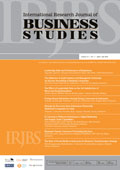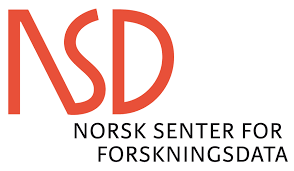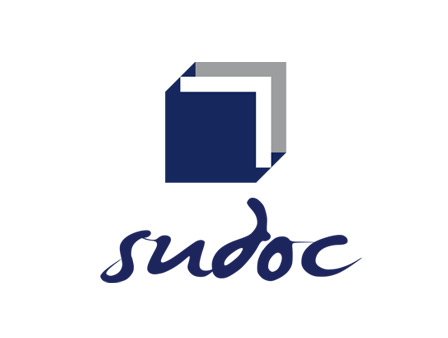Article Metrics |
|
|
Analysis of Emotion, Habit, and Rational Choice: A Study on Consumer Behavior
Abstract
Along with the process of globalization, the retail industry has been growing into a business that is very influential in the world economy, including Indonesian economy. The growth of modern retailers dominates the retail business in Indonesia, supported by the widespread presence of foreign retailers bringing modern retail concepts. The trend choice of shopping places of the Indonesian people in the future are shopping malls and modern markets. This will drive changes in customer behavior in making purchase decisions. The development model used to describe the behavior of consumer spending, which is rarely used, especially in Indonesia, is a Model of Goal-Directed Behavior (MGB). MGB has factors of the model builders from the Theory of Planned Behavior (TPB). They are past behavior and emotional factors. Therefore, it is possible to further examine the distinction between expectations and interests as variables that can motivate a person in making purchasing decisions. The purpose of this study is to invese and analyze: 1) the influence of attitude, subjective norm, perceived behavioral control and emotion on the desire in the form of modern retail consumer behavior patterns 2) the influence of desire and perceived behavioral control on the intention in forming the patterns of modern retail consumer behavior. 202 modern retail consumers in Surabaya region (North, South, East, West and Central) were used as respondents. Stratified judgment sampling was applied and the SEM (Structural Equation Modeling) was used to test the hypotheses. The first finding of the study is that attitude, subjective norm, perceived behavioral control and emotion have a significant effect on desire. The second finding is that desire and perceived behavioral control significantly influence the intention in forming the modern retail consumer behavior patterns. It was also found a good fit model that builds the influence of attitude, subjective norm, anticipated positive emotion, negative anticipated emotion, desire, intention, and perceived behavioral control on behavior.
DOI :https://doi.org/10.21632/irjbs.4.2.121-135
Keywords:
Attitude, Subjective Norm, Positive Anticipated Emotion, Desire, Intention, Percieved Behaviour Control
DOI :https://doi.org/10.21632/irjbs.4.2.121-135
Keywords:
Attitude, Subjective Norm, Positive Anticipated Emotion, Desire, Intention, Percieved Behaviour Control
Full Text:
Copyright (c) 2015 INTERNATIONAL RESEARCH JOURNAL OF BUSINESS STUDIES
International Research Journal of Business Studies has been covered by the following services: | ||||||||||||||||||||||||
|



















